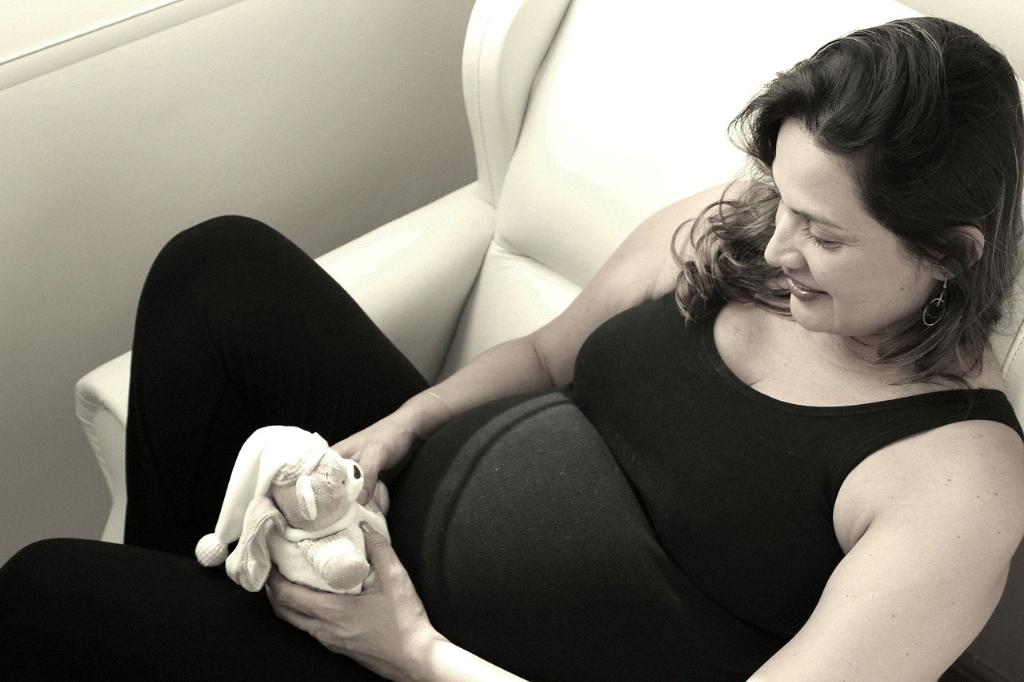When it comes to interpreting pregnancy tests, especially when the lines seem to be getting lighter, it can spark a whirlwind of emotions and concerns for many women. The uncertainty and anxiety surrounding this issue are completely valid, as the potential implications can be significant.
The Importance of Early Pregnancy Testing
Early pregnancy testing has become a common practice among women trying to conceive or those who suspect they may be pregnant. The availability of home pregnancy tests has made it convenient to detect pregnancy in the early stages, sometimes even before a missed period.
Understanding Chemical Pregnancies
A fading or lighter line on a pregnancy test may indicate a chemical pregnancy, which is an early pregnancy loss that occurs shortly after implantation. This type of pregnancy loss is more common than many realize, as it can occur before a missed period, often going undetected.
The Potential of an Ectopic Pregnancy
Another reason for a lighter pregnancy test line could be an ectopic pregnancy. This occurs when a fertilized egg implants outside the uterus, typically in the fallopian tube. Ectopic pregnancies are serious medical conditions that require immediate attention to prevent complications.
Seeking Professional Guidance
If you notice a fading line on your pregnancy test or have concerns about the results, it is crucial to seek guidance from a healthcare provider. They can offer valuable insight, perform additional tests, and provide the necessary support and care during this uncertain time.
The Emotional Impact of Uncertainty
Dealing with the uncertainty of a fading pregnancy test line can take a significant emotional toll. The mix of hope, fear, and confusion can be overwhelming, highlighting the importance of self-care and seeking emotional support from loved ones.
Monitoring Symptoms and Seeking Care
It is essential to monitor any accompanying symptoms, such as cramping, spotting, or abdominal pain, and report them to your healthcare provider promptly. These symptoms, along with a fading pregnancy test line, may indicate a potential pregnancy complication that requires medical attention.
The Impact of Stress on Pregnancy
The stress and anxiety associated with a fading pregnancy test line or concerns about miscarriage can have physical and emotional effects. Managing stress through relaxation techniques, mindfulness, and open communication with your healthcare provider can help support your overall well-being.
Exploring Possible Outcomes
While a lighter pregnancy test line can be a cause for concern, it is essential to approach the situation with an open mind and explore all possible outcomes. Understanding the reasons behind the fading line and seeking professional guidance can provide clarity and help you make informed decisions.
Support Systems and Coping Strategies
Building a strong support system during this challenging time is crucial. Lean on your partner, family, friends, or support groups to share your feelings and experiences. Engaging in healthy coping strategies, such as exercise, creative outlets, or counseling, can also help navigate this emotional journey.
Embracing Uncertainty and Self-Compassion
Uncertainty is a natural part of the pregnancy journey, and it is essential to practice self-compassion and self-care during times of doubt and fear. Remember to be gentle with yourself, acknowledge your emotions, and seek comfort in the resilience and strength that lies within you.
Conclusion
In conclusion, a pregnancy test getting lighter does not definitively mean miscarriage, but it can indicate potential pregnancy complications that require attention. By staying informed, seeking professional guidance, and nurturing your emotional well-being, you can navigate this uncertain time with resilience and hope.

